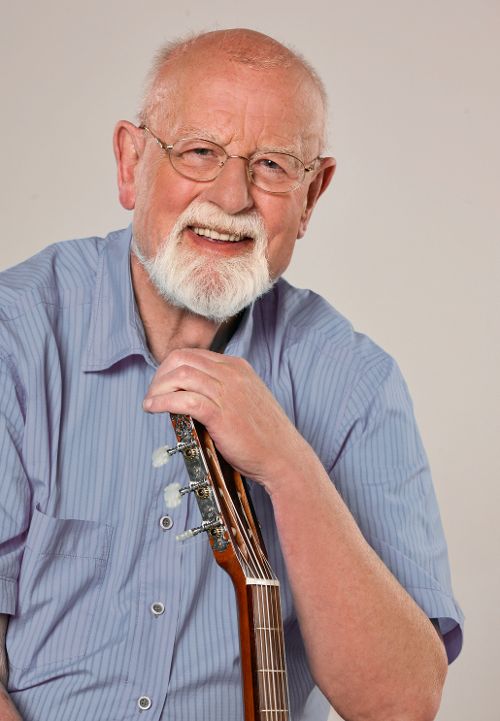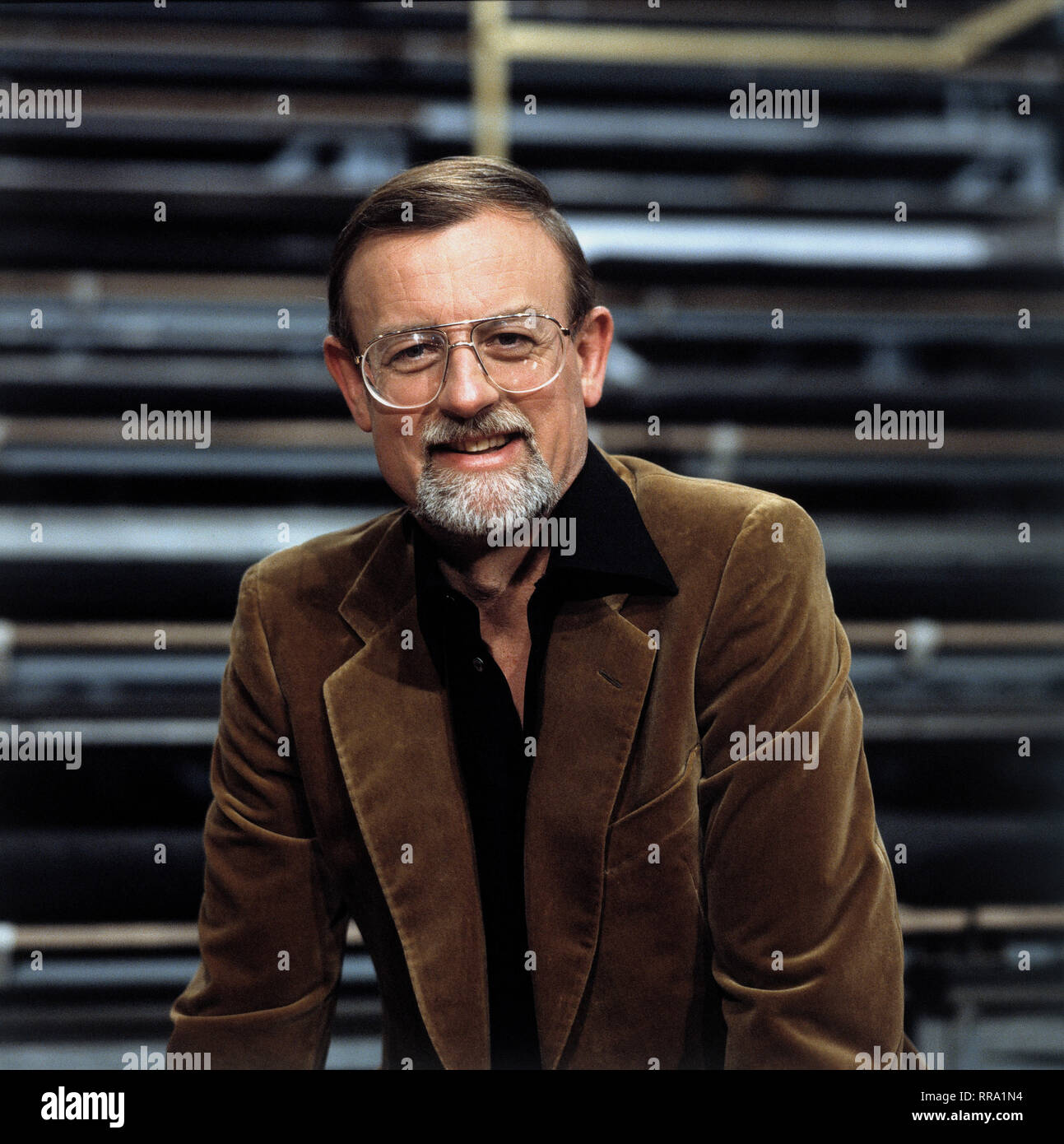

He appeared on German and Danish TV several times, and was on the UK Top of the Pops show ten times in the 1970s. Unable to speak German, Whittaker sang the songs phonetically. Throughout the 1970s and 1980s, Whittaker had success in Germany, with German language songs produced by Nick Munro. He established himself in country music with " I Love You Because" getting "into the lower reaches of the country chart" in late 1983. Whittaker recorded the song himself and the single charted in several European countries. In 1979, Whittaker wrote the song "Call My Name" which reached the final of the UK Eurovision selection, A Song For Europe, performed by Eleanor Keenan and coming third. It became his biggest hit and a signature song, selling more than 11 million copies worldwide.

In 1975, EMI released " The Last Farewell", a track from his 1971 New World in the Morning album. The song "The Finnish Whistler" he performed became famous in Finland as it was used as a title music for the popular Finnish Yle television cooking programme Patakakkonen. In 1974 he performed at the Finnish Eurovision qualifications. In the early 1970s, Whittaker took interest in the Nordic countries when he recorded the single "Where the Angels Tread" ( Änglamarken) to the music of Evert Taube in 1972. That same year, his downbeat theme song "No Blade of Grass", written for the film adaptation of the same name that was sung during both the opening and ending titles, became his first film credit. Whittaker's US label, RCA Victor, released the uptempo "New World in the Morning" in 1970, where it became a Top 20 hit in Billboard magazine's Easy Listening chart. His fourth single for the imprint was "Durham Town (The Leavin')", which in 1969 became Whittaker's first UK Top 20 hit in the UK Singles Chart. In 1966, Whittaker switched from Fontana to EMI's Columbia label, and was billed as Roger Whittaker from this point forward. His second single was a cover version of "Steel Men", released in June 1962. He achieved a breakthrough when he was signed to appear on an Ulster Television show called This and That. ) In the summer of 1962, Whittaker performed in Portrush, Northern Ireland. (On the labels of the Fontana singles, he is billed as "Rog Whittaker".
#Roger whittaker professional#
Shortly afterwards, he was signed to Fontana Records, which released his first professional single, "The Charge of the Light Brigade", in 1962.

For the next three years, he studied zoology, biochemistry and marine biology at University College of North Wales and earned a Bachelor of Science degree while singing in local clubs, and released songs on Flexi discs included with the campus newspaper, the Bangor University Rag. To further his teaching career, Whittaker moved to Britain in September 1959.

This section of a biography of a living person needs additional citations for verification. However, he left after 18 months and joined the civil service education department as a teacher, following in his mother's footsteps. He enrolled at the University of Cape Town in South Africa. In 1956 he was demobilised and decided on a career in medicine. Upon completing his high school education, he was called up for national service and spent two years in the Kenya Regiment fighting the Mau Mau in the Aberdare Forest. Upon completing his primary education, Whittaker was admitted to Prince of Wales School (now Nairobi School). His grandfather sang in various clubs and his father played the violin. His father was injured in a motorcycle accident and the family moved to a farm near Thika, Kenya, because of its warmer climate. Whittaker's parents, Edward and Vi Whittaker, were from Staffordshire, England, where they owned and operated a grocery shop.


 0 kommentar(er)
0 kommentar(er)
